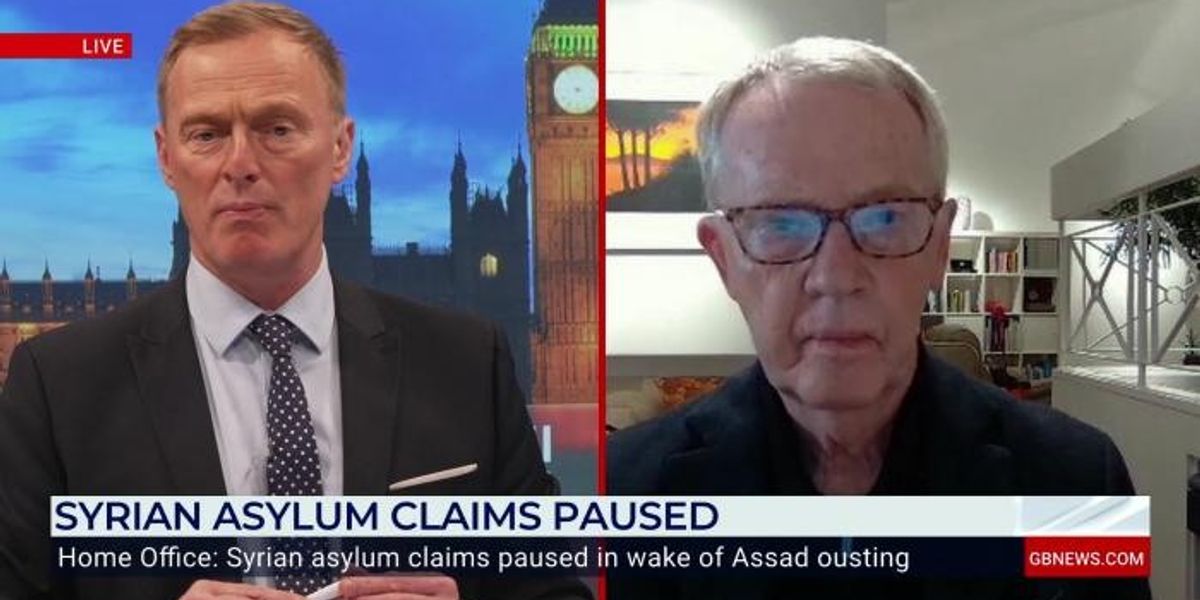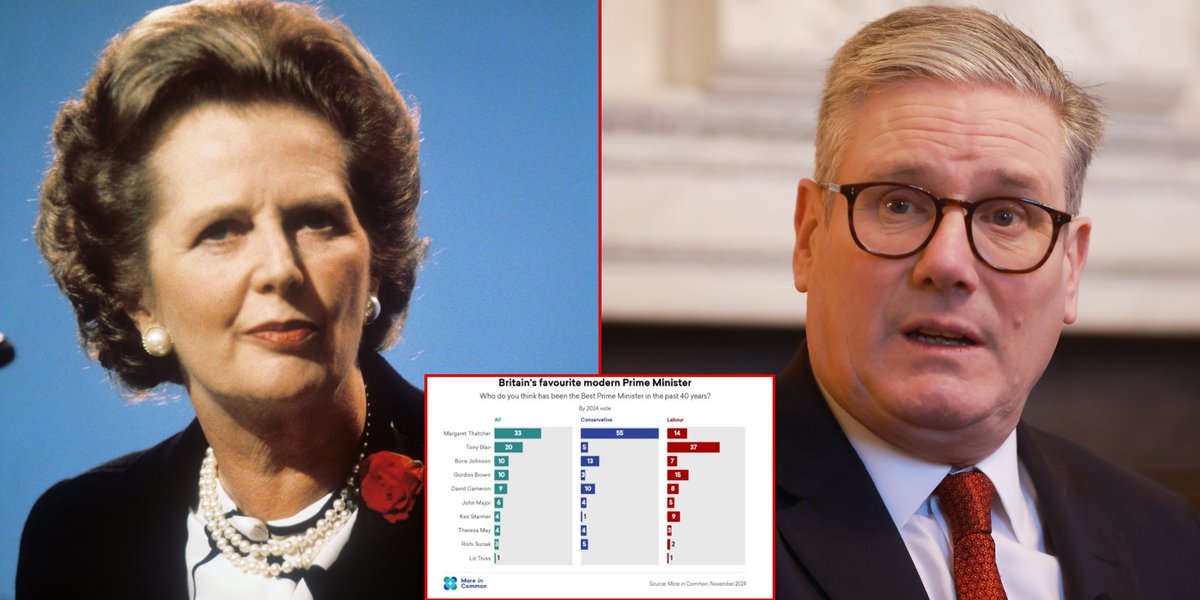Chapter 5: One, Holy, Catholic, Apostolic
One Peter Five ^ | December 14, 2024 | Edward Schaefer
Posted on 12/15/2024 3:46:16 PM PST by ebb tide

Read the Introduction
Read chapter 1: Equally Valid and Holy
Read chapter 2: the New Mass
Read chapter 3: Latin
Read chapter 4: Practice & Belief
Every Sunday at Mass, we recite in the Nicene Creed, “Credo … unam, sanctam, cathólicam et apostólicam Ecclésiam” (I believe in one, holy, Catholic and Apostolic Church). We call these the Four Marks of the Church, that is, given and known signs by which the Church can be distinguished from all other religions or denominations.[1] Each mark is like a trademark “that is used to distinguish the article bearing it,” in this case the Church, “from all imitations of the same article,” [2] such as other religions or denominations. In considering the topic of tradition, a short examination of these four marks is valuable.
One
“The Church is One because all its members agree in one faith, are all in one communion, and are all under one head.”[3] Is this true today? Not everyone agrees on even the most basic tenets of the faith, for example, the Real Presence.[4]
Perhaps everyone is in one communion, but it seems to be a fractured communion. For example, part of the communion, the Society of Saint Pius X, is kept by the Vatican in a state of “juridical irregularity” because the Society refuses to accept certain innovations of the Second Vatican Council – innovations, which, because the Council was not dogmatic, no one else is required to accept. That is to say, no one is required to believe anything taught by the Council that was not already taught by the Church previously.[5] Yet, the Society, which is part of the communion of the Church, is being ostracized because it takes issue with some of the teachings of Vatican II.
Another part of the Church’s communion is being oppressed because of its affinity to the TLM. Even though the Church has had many rites as part of its communion for centuries, Pope Francis has decided that those who desire to attend the TLM must not be permitted to do so. (For some reason, he does not seem to mind attendance at other rites of the Church, just the TLM.)
The Church is under one head, Pope Francis. However, his pontificate has been so rife with corruption and heretical statements, that some are even wondering out loud if he has not abdicated his position as pope and the Church is without a head, although there is no consensus on this subject.[6]
Holy
“The Church is Holy because its founder, Jesus Christ, is holy; because it teaches a holy doctrine; invites all to a holy life; and because of the eminent holiness of so many thousands of its children.”[7] Here we can agree on the holiness of Christ and on the eminent holiness of many Catholics.
It is also true that the Church teaches a holy doctrine. However, there have been recent attempts to change the doctrinal teaching of the Church, for example, teaching regarding the indissolubility of marriage,[8] the permissibility of the death penalty,[9] or the intrinsically evil nature of homosexual relations,[10] to mention but a few doctrinal items. Can the Church teach one holy doctrine for centuries and then somehow decide that another opposing doctrine is now holy? This would seem to violate the fundamental principle of non-contradiction. Two opposing doctrines cannot be true. If the Church has always taught a holy doctrine, and she now changes parts of that doctrine, the changes cannot be holy, too.
While there may also be general agreement on the fact that the Church invites everyone to a holy life, there are some who do not agree on what that means. Changes in Church practice,[11] changes in teaching mentioned above, and the influence of modernism in the Church[12] have resulted in significant variations among Catholics regarding what it means to live a holy life.
Catholic
“The Church is Catholic or universal because it subsists in all ages, teaches all nations, and maintains all truth.”[13] We can agree on this, too, even if there are questions about the truth that the Church is teaching today, as mentioned above.
Apostolic
“The Church is Apostolic because it was founded by Christ on His Apostles, and is governed by their lawful successors, and because it has never ceased, and never will cease, to teach their doctrine.”[14] Again, there are parts of this mark about which there is complete agreement: the founding of the Church by Christ with His Apostles, the governance of the Church by the lawful successors of the Apostles, and the continuing nature of the Church until the end of time.
There are, however, aspects of this mark about which some do not agree. The variance from Apostolic doctrine has already been mentioned above. Here, it should be mentioned that Apostolic doctrine is reinforced, inculcated by practices that have been handed down from the Apostles, nurtured and protected over time, and preserved for future generations, precisely to maintain the Apostolic nature of the Church. The radical changes in practice, discussed in chapter four,[15] are at least a threat to Apostolic doctrine, if, indeed, they are not the very thing that has changed Apostolic doctrine in recent years.
Summary
The four marks of the Church, that she is “one, holy, Catholic, and Apostolic,” are supposed to distinguish the Church from all other religions or denominations. However, in 1965, “Archbishop Annibale Bugnini, main author of the New Mass, is quoted in L’Osservatore Romano as saying: ‘We must strip from our Catholic prayers and from the Catholic liturgy everything which can be the shadow of a stumbling block for our separated brethren that is for the Protestants.’”[16] Changes in the liturgy, Catholic practice, and Catholic teaching since Vatican Council II seem to be at odds with maintaining the distinguished or unique nature of the Church. Bugnini’s statement would seem to imply that the Church should now be on a mission not to distinguish herself from other religions.
The aspects of the marks of the Church discussed above that do not seem to apply today are ample evidence of this.
Conclusion
The Nicene Creed that we recite every Sunday at Mass is a concise compendium of essential beliefs of the faith. Its articles are doctrines that we must believe if we are to call ourselves Catholics. However, what are we to do if the Church herself no longer seems to embrace at least parts of these doctrines, such as certain aspects of the distinguishing marks of the Church?
St. Paul, in his second letter to the Thessalonians, cautions, “Therefore, brethren, stand fast; and hold the traditions which you have learned, whether by word, or by our epistle.”[17] This is what I choose to do. I will hold the traditions which I have learned from the Apostles and from the Church that continues to embrace those traditions and lovingly hand them down from generation to generation.
Continued next week.
TOPICS: Apologetics; Catholic; Theology
KEYWORDS: modernists; sinnodalchurch; vcii

Click here: to donate by Credit Card
Or here: to donate by PayPal
Or by mail to: Free Republic, LLC - PO Box 9771 - Fresno, CA 93794
Thank you very much and God bless you.
The Nicene Creed that we recite every Sunday at Mass is a concise compendium of essential beliefs of the faith. Its articles are doctrines that we must believe if we are to call ourselves Catholics. However, what are we to do if the Church herself no longer seems to embrace at least parts of these doctrines, such as certain aspects of the distinguishing marks of the Church? St. Paul, in his second letter to the Thessalonians, cautions, “Therefore, brethren, stand fast; and hold the traditions which you have learned, whether by word, or by our epistle.”[17] This is what I choose to do. I will hold the traditions which I have learned from the Apostles and from the Church that continues to embrace those traditions and lovingly hand them down from generation to generation.
1 posted on 12/15/2024 3:46:16 PM PST by ebb tide
Disclaimer: Opinions posted on Free Republic are those of the individual posters and do not necessarily represent the opinion of Free Republic or its management. All materials posted herein are protected by copyright law and the exemption for fair use of copyrighted works.
FreeRepublic.com is powered by software copyright 2000-2008 John Robinson

 By Free Republic | Created at 2024-12-15 23:46:56 | Updated at 2024-12-16 01:36:38
1 hour ago
By Free Republic | Created at 2024-12-15 23:46:56 | Updated at 2024-12-16 01:36:38
1 hour ago







